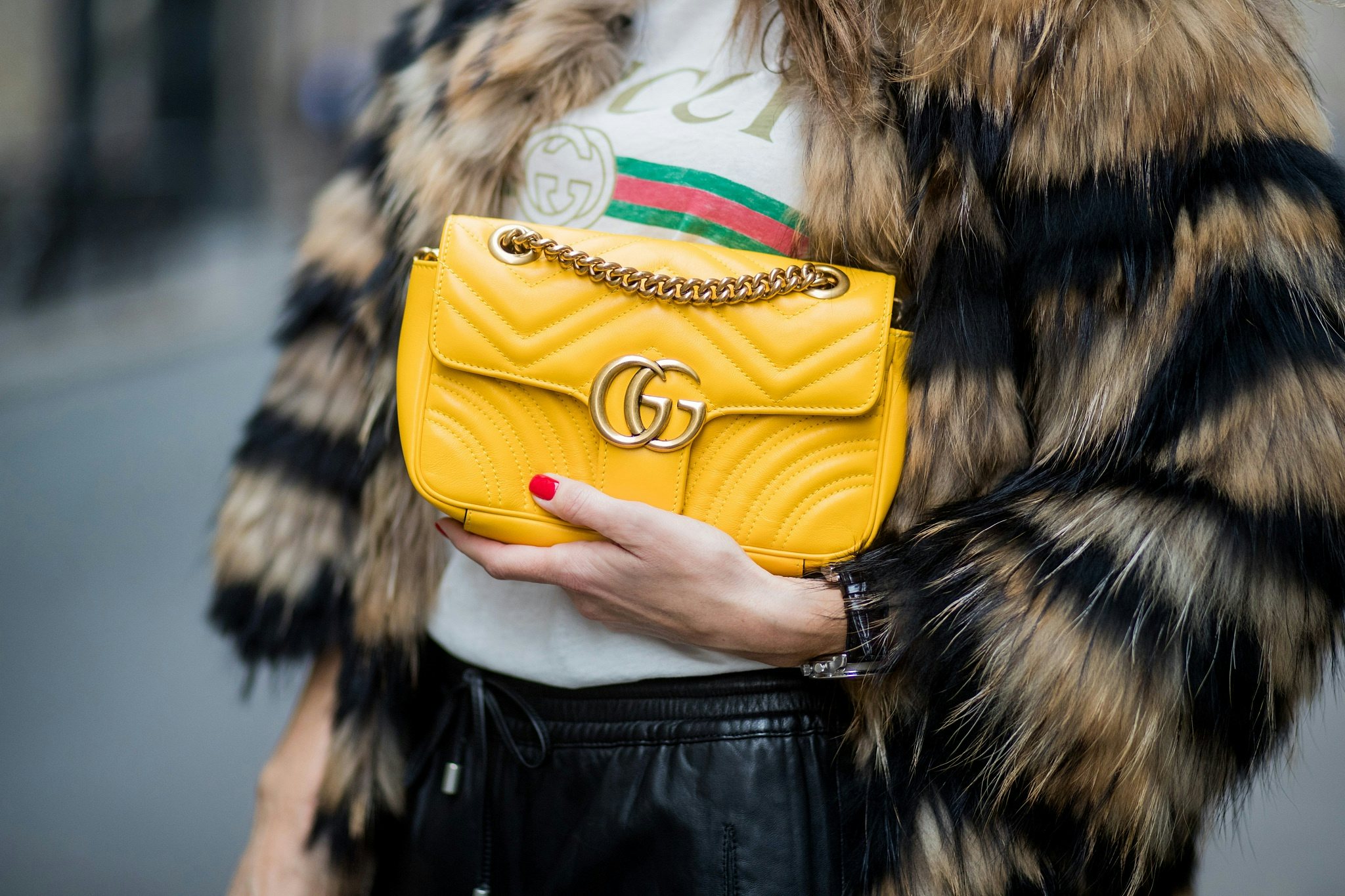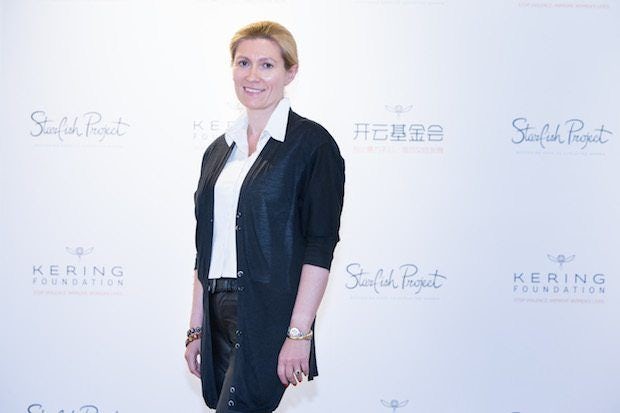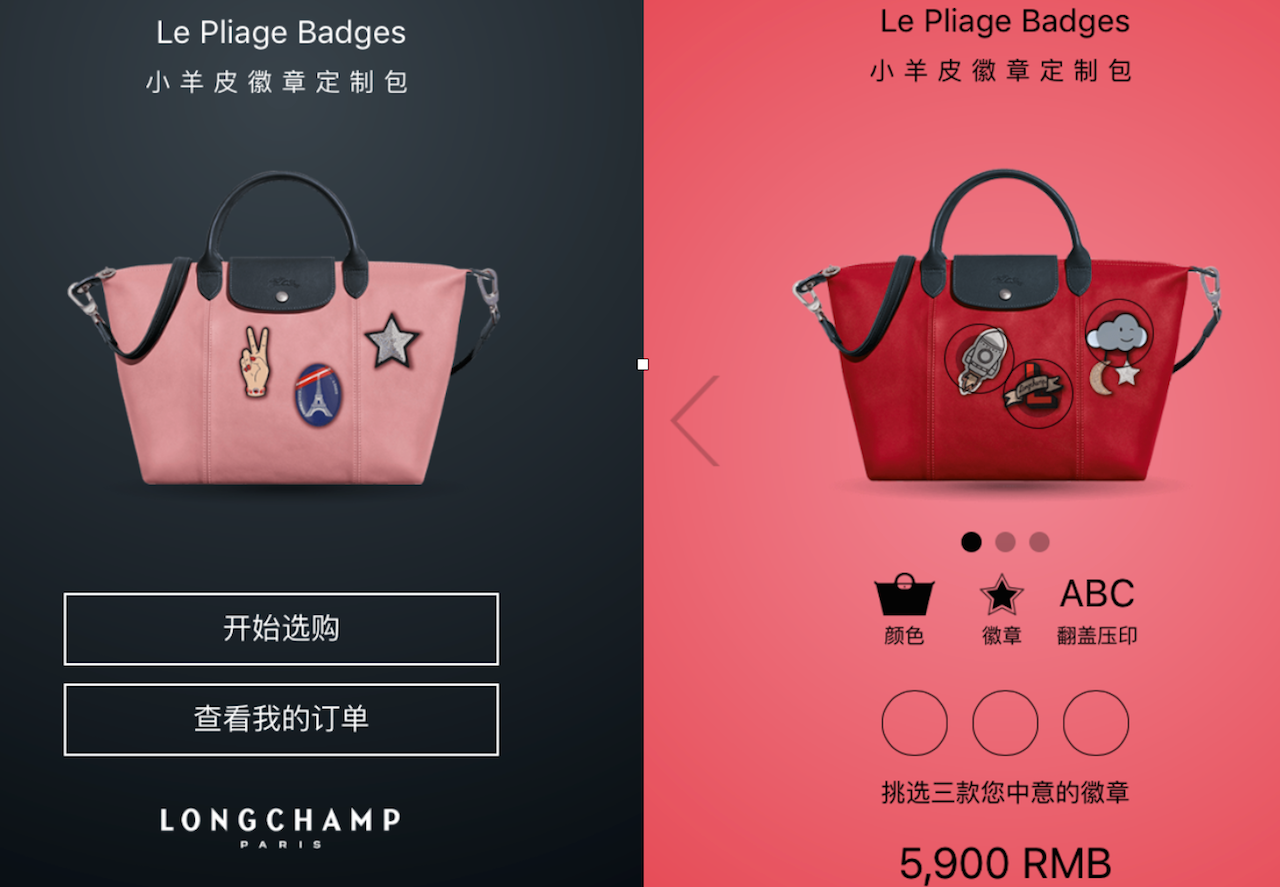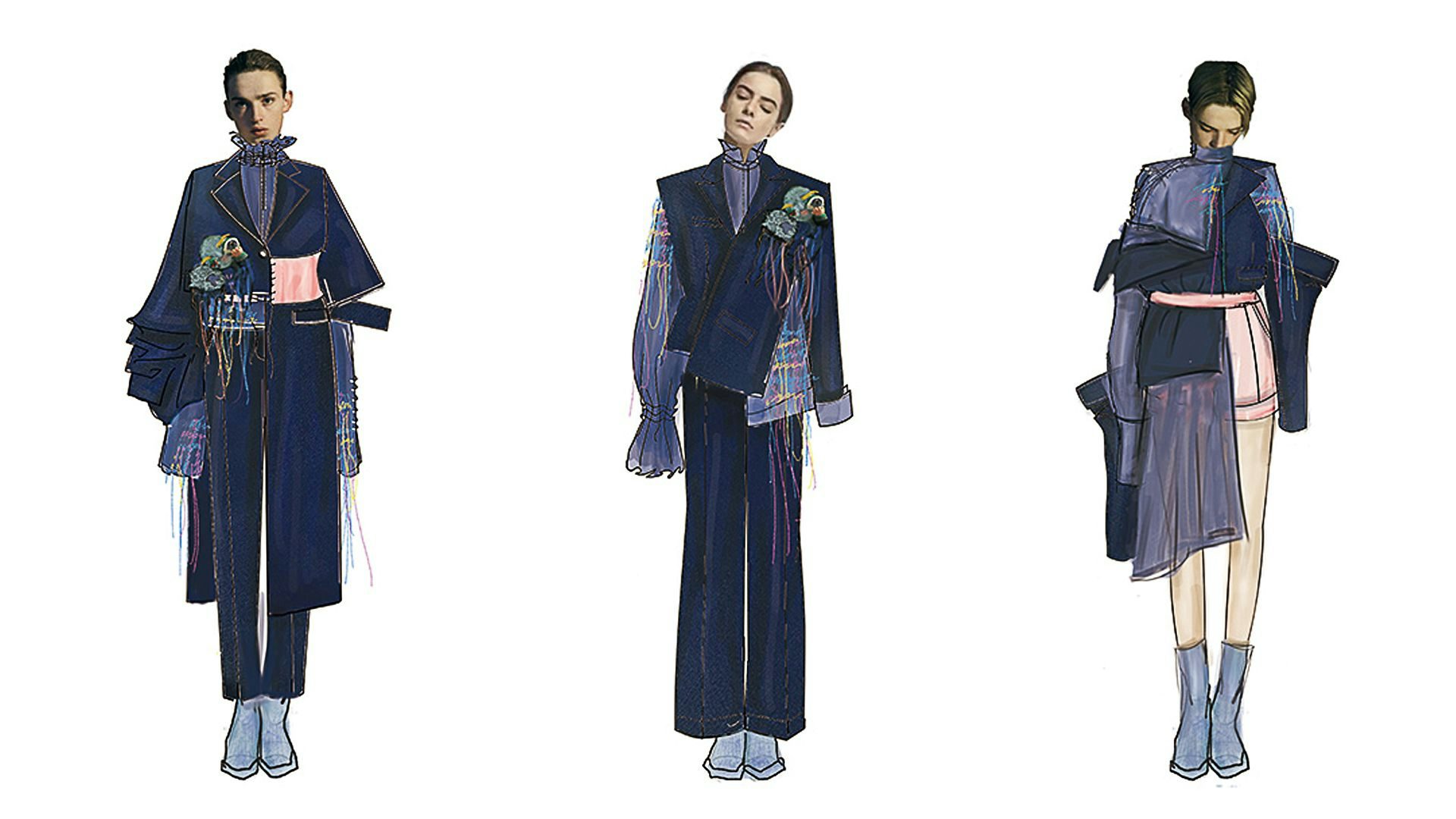Kering is taking a gatekeeper's role in forming and cultivating a culture of sustainable and eco-friendly consumption among Chinese luxury shoppers, as shown by the recent launch of its WeChat mini program which introduces consumers to its renowned impact measurement tool, the Environmental Profit & Loss (EP&L) account.
Kering is the parent company to a slew of high-end labels including Gucci, Saint Laurent, Stella McCartney, and Balenciaga, whose products are strongly favored by Chinese luxury shoppers in recent years. As a result, it is crucial for the company to take actions to educate about the necessity of sustainability among the country's consumers, a group which is expected to buy up more than 40 percent of the global luxury market by 2025.
Fresh Push by Kering on China's Consumer-Facing Platform—WeChat#
On October 14, the official WeChat account of Kering Group announced the launch of a mini program named "My EP&L", that teaches users how to use its signature environmental impact measurement tool to calculate the environmental impact of the luxury goods they have purchased.
By indicating the category, materials, sourcing of materials, and manufacturing region of a product (see image below), a user receives a score indicating the cost of environmental changes associated with the production of the goods, from raw material extraction to the sale.
Breaking down the calculation process into four simple steps also allows consumers to see the reality behind supply chains in the luxury and fashion industry so as to facilitate them to make lower impact decisions, according to the press statement released by the company.
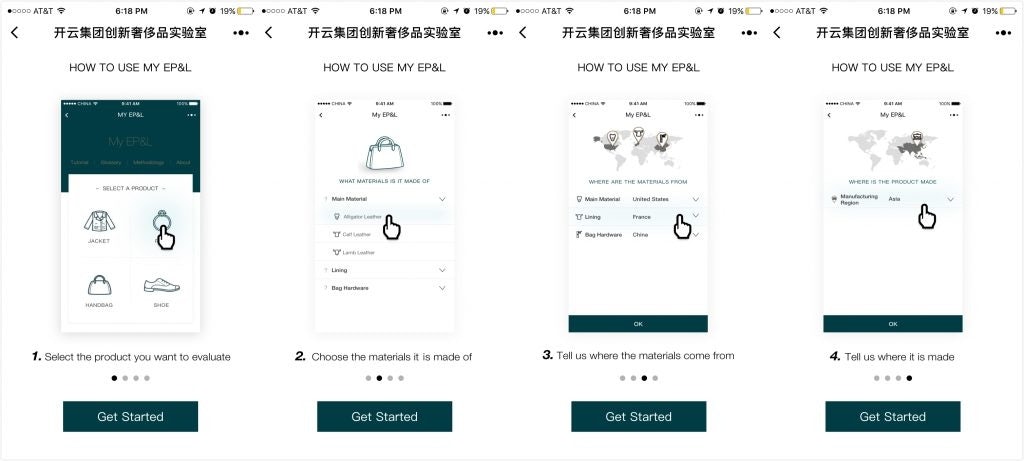
Launching on WeChat, the country's most powerful social media platform that currently sees more than 900 million monthly active users, the mini program not only can reach designers, students, and apparel manufacturers as Kering originally planned, but has high potential to reach a broader audience. However, the question remains if Kering's efforts to push sustainability as a modern consumer trend, as showcased by this informative and engaging mini program, can truly resonate with Chinese consumers.
Conceptual Gaps That Prevent Chinese Consumers From Being Sustainably-Minded#
It is no doubt that the level of awareness and understanding of sustainability has increased greatly in China over the past decade as the economy grows and the population as a whole becomes more educated. Meanwhile, the visible deterioration of the environment, particularly air pollution and toxic chemicals emission, experienced by the populace has made eco-friendly more of a priority than ever.
However, it is premature to assume that the concern over the environmental degradation expressed by Chinese people can naturally and consciously drive them to appreciate the importance of sustainable fashion.
"There is a slightly different drive. When you eat something you selfishly want to protect your health, but when you put something on your body, you are actually protecting other people’s health by not supporting bad toxic chemicals," said Christina Dean, founder of Redress, a Hong Kong-based environmental NGO working to reduce waste in the fashion industry.
To equip Chinese luxury shoppers with a sustainable mindset, brands also need to deal with some misconceptions towards sustainable luxury that is common among this group.
The latest move by Gucci to go fur-free beginning next year is a prime example of how consumers in China can misinterpret certain decisions made by brands. Gucci's decision has been praised by some people, however, the decision also aroused a heated debate regarding Gucci's real motive. A significant number of users on Weibo and WeChat believe the whole thing is a marketing ploy.
"Gucci has never been known for its fur products, and I don't think its targeted consumers can afford fur," said a WeChat user named "Maggie." "That's something they cannot do but they make it sound like they are willing to not to do it. The brand is just making a gesture."
Pricing serves as another debated point. A Weibo user named "Joey Zhenyi" wrote, "stopping the usage of fur can help Gucci decrease their costs and increase their profits. And there is no benefit for consumers as they will not lower the price."
Another user named "AvracadarvraKC" echoed the previous comment, saying "it is the same thing with Stella McCartney. They make it look sustainable without using fur but the price is still so high. I don't think the design is worth it if the material is not rare."
Ways for Luxury Brands to Bridge the Gaps#
One tactic that luxury brands can employ in order to enhance Chinese luxury consumers' understanding of sustainability is to address their concern over the environment they live in and the health safety issues they face daily.
"If somebody in China is very concerned about the health safety (and) pollution, buying a sustainable luxury product would give them much more assurance that they are not covering themselves with toxic chemicals," said Redress's Dean.
Secondly, brands should take note of the changing perception of luxury in China, particularly among the millennials and younger generations. It is believed that what these people desire from luxury items has shifted from an emphasis on the materialistic level to a more spiritual and experiential aspect. As explained by Deloitte in a July report, "status has now become less about ‘what I have’ and more about ‘who I am’; more ethical, tasteful and discerning.”
In addition, Dean also calls for luxury brands to speak more about their work on the frontier of sustainability and engage Chinese consumers in this process. In that way, people will not only be more aware of it but also know what actions they can take.
